
OR
Three sets of elections
The chances of holding local level elections by April-end, something Prime Minister Pushpa Kamal Dahal had repeatedly promised, appear bleak. The Election Commission has already clarified that it needs at least 120 days, from the day of the finalization of the election-related laws, to prepare for April-end local elections. But so far the government has neither been able to table all the election-related bills in the parliament nor has it been able to take the protesting Madheshi parties into confidence. In fact, Prime Minister Dahal has even refused to accept the final report of the local bodies restructuring commission, as doing so, he fears, would further alienate the Madheshi parties. But if the commission’s work is to be completely rejected, in keeping with the demand of the Madheshi parties, then April-end local elections would be impossible. Madheshi Morcha wants federal and provincial elections to precede local elections. Holding local instead of national elections, in their reading, is like putting the horse before the cart.
What worries us is that continued political deadlock will scupper any chance of holding the three sets of elections over next one year, as required by the new constitution. Failure to hold these elections before the expiry of the parliament’s tenure in January 2018, in turn, could invite another constitutional crisis. Last time there was such a political and constitutional vacuum following the demise of the first Constituent Assembly in 2012, a sitting Chief Justice had to be appointed to run the government, in blatant violation of the principle of separation of powers. It was also at that time that a tainted figure like Lokman Singh Karki was appointed to run the country’s chief anti-corruption body. In time Karki started to egregiously misuse his office and started developing the CIAA into an alternate power center. It’s impossible to foresee all the consequences of the failure to hold timely polls. But one thing is for sure: all the consequences will be bad. At best, political transition in Nepal will be indefinitely prolonged. At worst, there could be a serious question over the legitimacy of the new constitution. But as vital as they are, it also won’t be easy to hold three elections within a year.
One way out could be to lump together two or all three elections, the course the country will soon be forced to take if the political bickering continues. But even for that there has to be a broad understanding among at least the four major political actors: the Big Three plus the Madheshi Morcha. Leaving any of these four actors out of the electoral process would be a recipe for disaster. But such a broad political agreement won’t also be possible if each side continues to stick to its guns and simply refuses to see beyond its partisan interests. They must internalize the fact that what the country so desperately needs right now is broad political understanding on the three sets of elections. In a democracy, if certain issues can’t be resolved, the political parties have, ultimately, no alternative to going to the people. And no democratic party can indefinitely run away from elections. Let them settle what they can right now and go to the elections with the remaining issues.
You May Like This
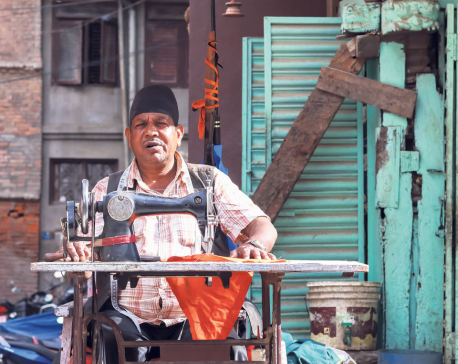
Never say never
KATHMANDU: It has been 13 years Ram Bahadur Nepali is working as a tailor. His small tailor stand is stationed... Read More...
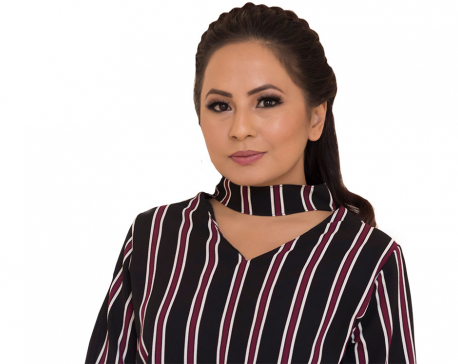
Heart to heart with Malvika: It’s never too late to restart in life
So I would suggest you go on a trip, a mind-cleansing trip. Use your savings. Go somewhere out of the... Read More...
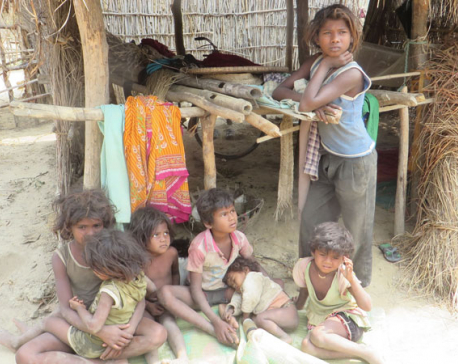
The never ending miseries of Musahars
SIRAHA, March 31: One-and-a-half-year old Chandrika Sada is nagging her sister for food. Gudiya, Chandrika's elder sister is forcing water... Read More...

Just In
- Home Ministry directs recalling security personnel deployed for personal security against existing laws
- Fake Bhutanese refugee case: SC orders continued pre-trial detention for seven individuals including former DPM Rayamajhi
- ADB Vice-President Yang pays courtesy call on PM Dahal
- PM Dahal, Chairman of CIDCA Zhaohui hold meeting
- MoFAGA transfers 8 under secretaries and 11 section officers (with list)
- PM Dahal arrives in Morang
- DDC pays Rs 480 million dues to farmers
- Police arrest seven Indian nationals with 1.5 kg gold and Rs 14.3 million cash











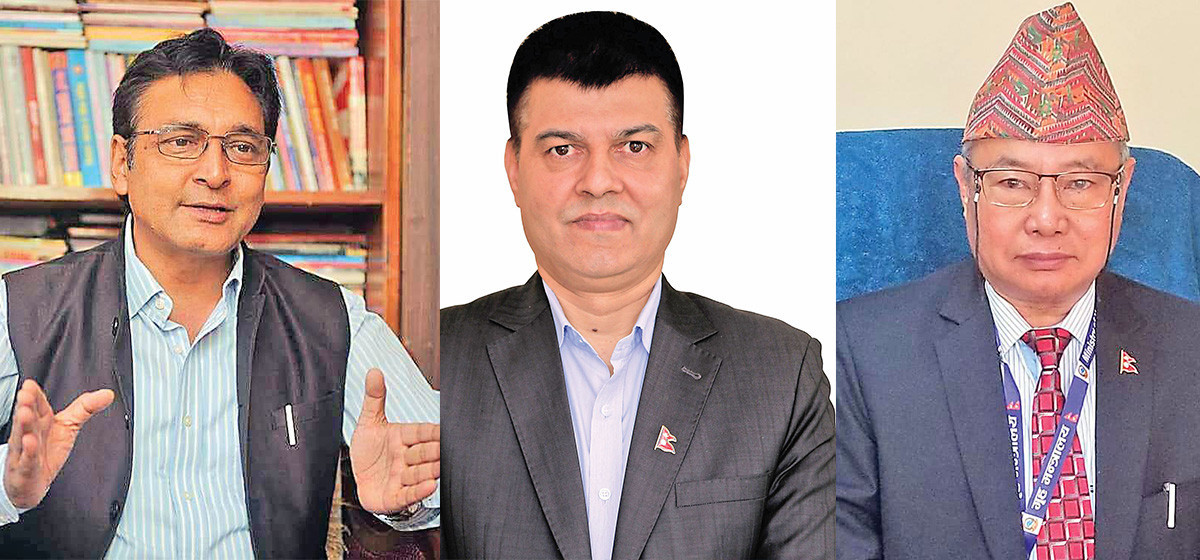
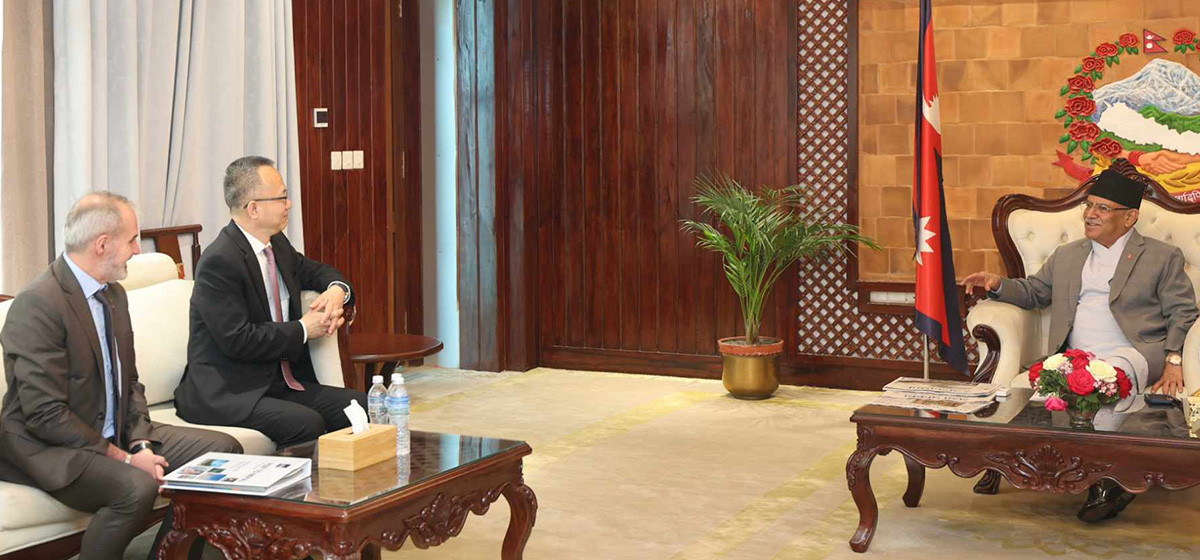
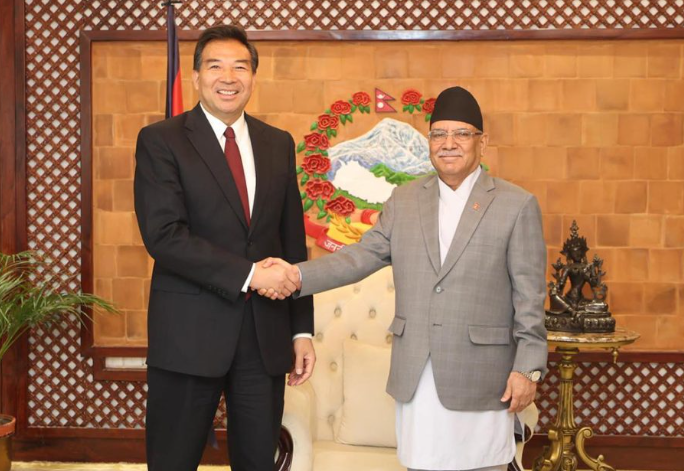
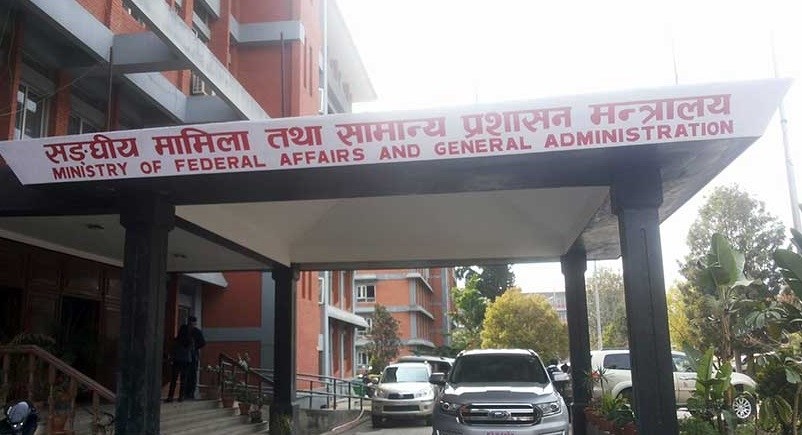
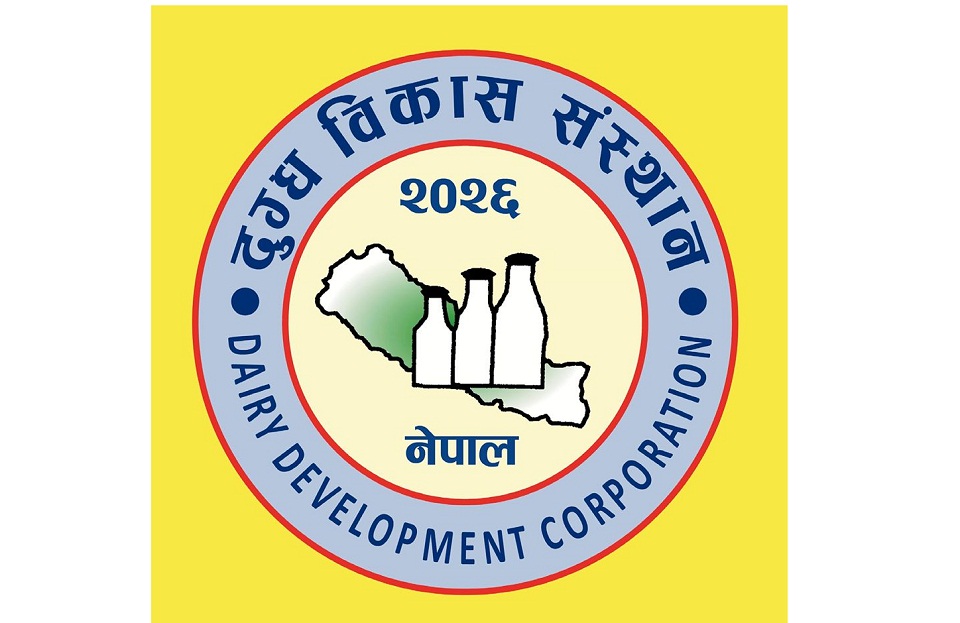

Leave A Comment